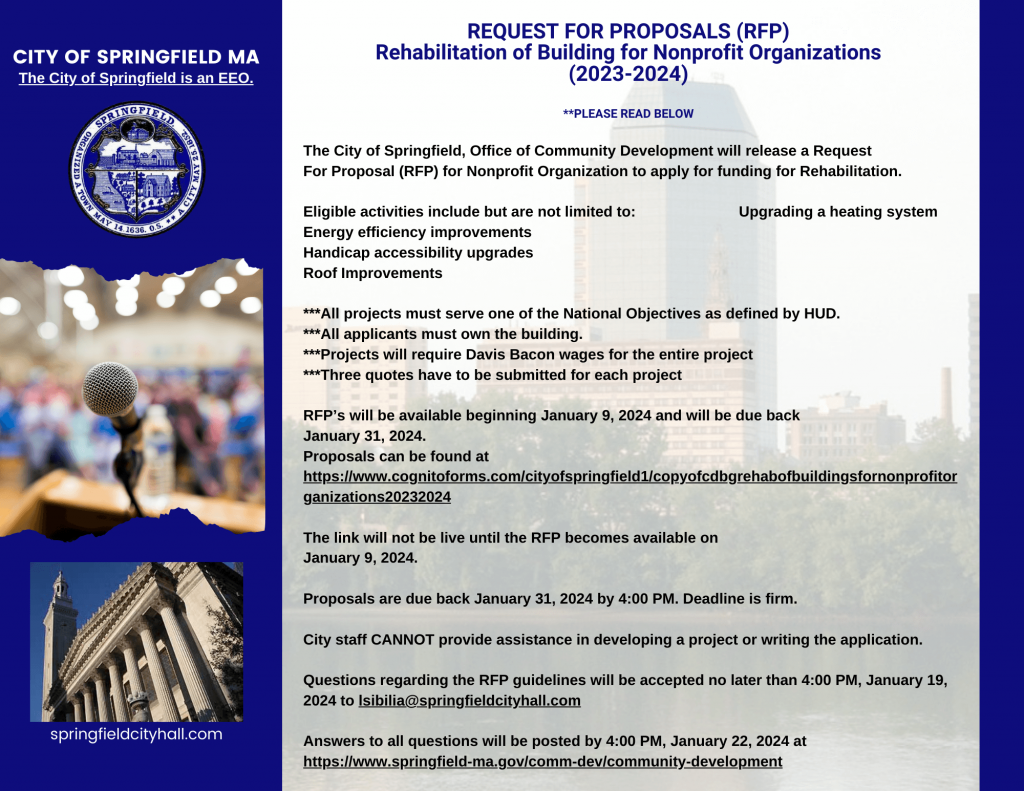We have an obligation as a city to create and strengthen existing systems that give returning citizens an opportunity to re-enter society with the support necessary to prevent them from re-offending.
In light of the most recent data shared at the Community Empowerment and Reinvestment Grant Press Event hosted by the Western Mass Economic Development Council & Springfield WORKS, Springfield City Councilor Justin Hurst is renewing his call for Mayor Sarno to give new businesses, small businesses, nonprofits, religious and civic organizations additional funding from the 123 million dollars in American Rescue Plan Act Recovery Funds if they commit to employing returning citizens (formerly incarcerated) or provide them with wrap-around services that are so desperately needed as they re-enter society.
“Locking our young people up and throwing away the key is not the answer”, Councilor Hurst said over 8 months ago as the challenges facing our returning citizens were exacerbated as a result of Covid 19. The data revealed yesterday highlighted that 40% of returning citizens surveyed in the City of Springfield did not know how or where to connect to local resources for assistance. In addition, housing and employment are the most highly sought-after supports.

“If we truly want a better quality of life for our residents, then we need to be intentional about investing in our returning citizens. We have an obligation as a city to create and strengthen existing systems that give returning citizens an opportunity to re-enter society with the support necessary to prevent them from re-offending. Incentivizing businesses and non-profits to hire returning citizens is a proactive approach to prevent recidivism and provide these individuals with a second chance at life. Having a job is critical to overcoming the many barriers that those formerly incarcerated face including housing and food insecurities among many others”, Hurst stated.
The data unveiled yesterday is not unique to Springfield. Nationally, half of people with criminal backgrounds are still jobless a year after leaving prison and the unemployment rate for those formerly incarcerated is at 27%, which is higher than at any other point in history. If returning citizens are not able to work, then the likelihood is high that they will resort to doing the very things that got them incarcerated in the first place.
Hurst went on to say, “We can’t just criticize Judges and blame our judicial system without making sure our house is in order. If we have an opportunity to leverage American Rescue Plan Act funding to employ and assist returning citizens’ reentry into society, then we must take advantage of it. Similarly, the City of Springfield should be leading by example and making it a priority to employ returning citizens where possible. The fact that 36.3% of those surveyed had a high school diploma or GED and another 30.7% had some level of college education or earned an associate degree tells us that they are more than capable of being successful in the workforce if given an opportunity.”





